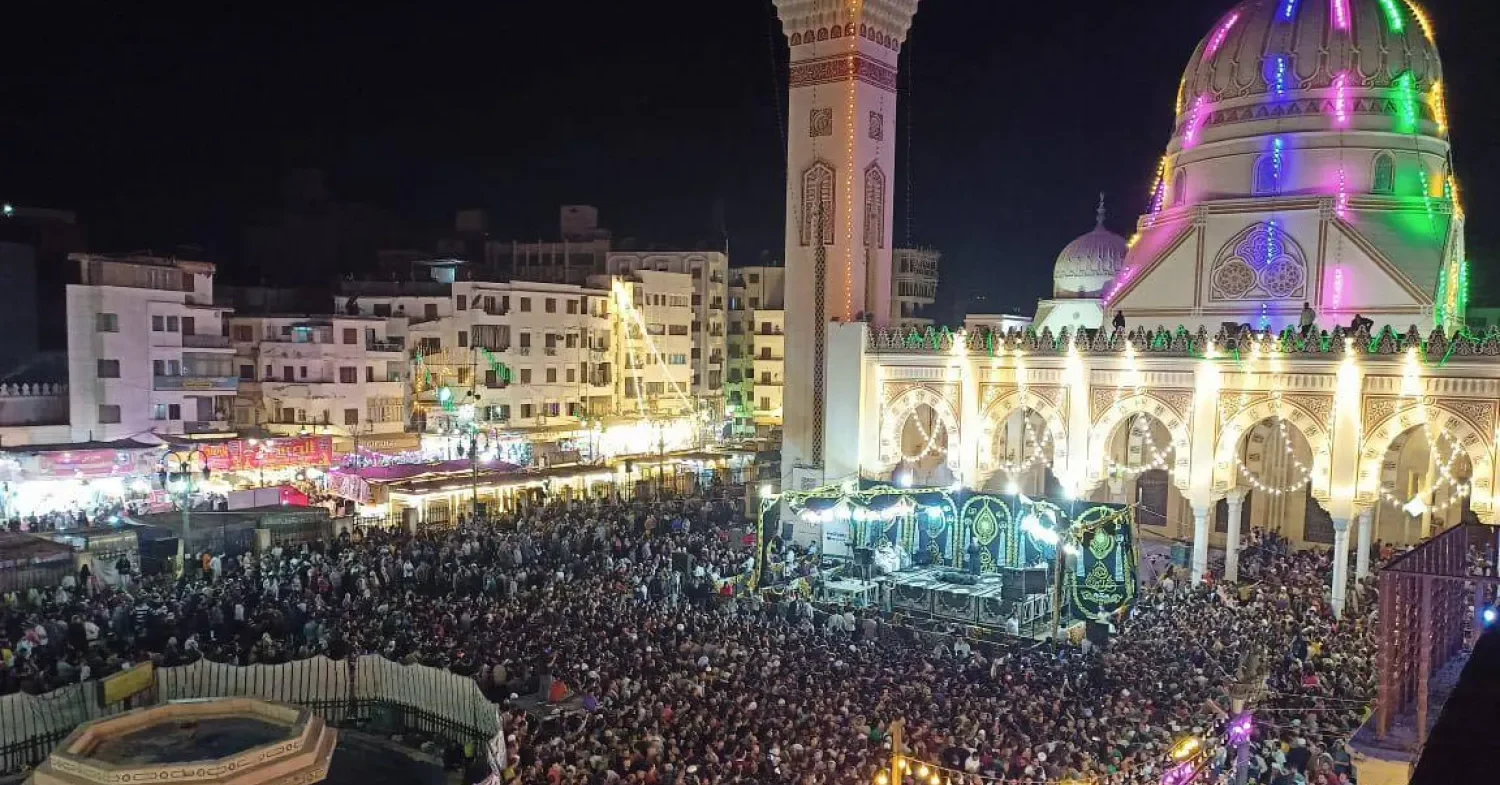Every autumn, the industrial city of Tanta in Egypt’s Nile Delta transforms into a site of spiritual devotion and carnival-like celebration. Pilgrims pour into its streets by the hundreds of thousands, sometimes millions, to pay homage to Ahmed Al-Badawi, known as Al-Sayyid Al-Badawi, a revered 13th-century Muslim Sufi whose shrine stands at the heart of the city. Al-Badawi was born around the year 1199 in Fez, Almohad Caliphate, modern-day Morocco. He settled in Egypt, where he founded the Badawiyya order of Sufism, a mystical branch of Islam through which followers strive to attain divine love and understanding by personally experiencing God. After his death in 1276, his tomb became a site of pilgrimage and devotion. Called Moulid Al-Sayyid Al-Badawi, or the Al-Sayyid Al-Badawi Festival, the week-long festival unfolds each October to mark the birth of Al-Badawi, a venerated saint and spiritual guide across Egypt. Over the centuries, the annual moulid evolved into a sprawling public event that merges religious ritual with popular festivity. Two million visitors flocked to Tanta this year for the festival, joining late-night gatherings of prayer and song and sharing in free communal feasts offered in devotion…




